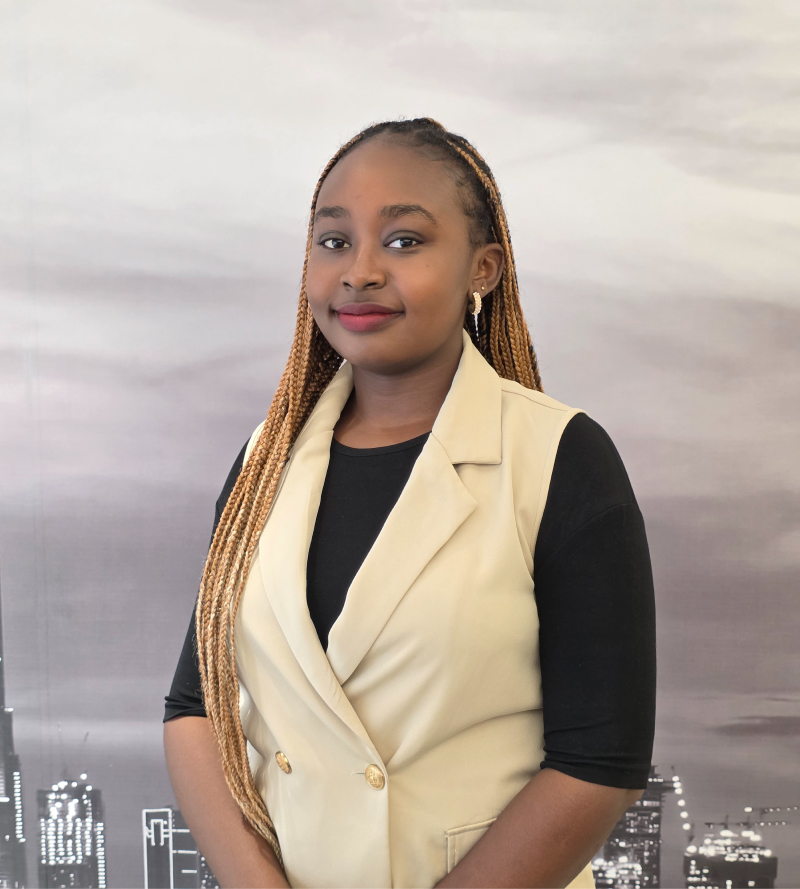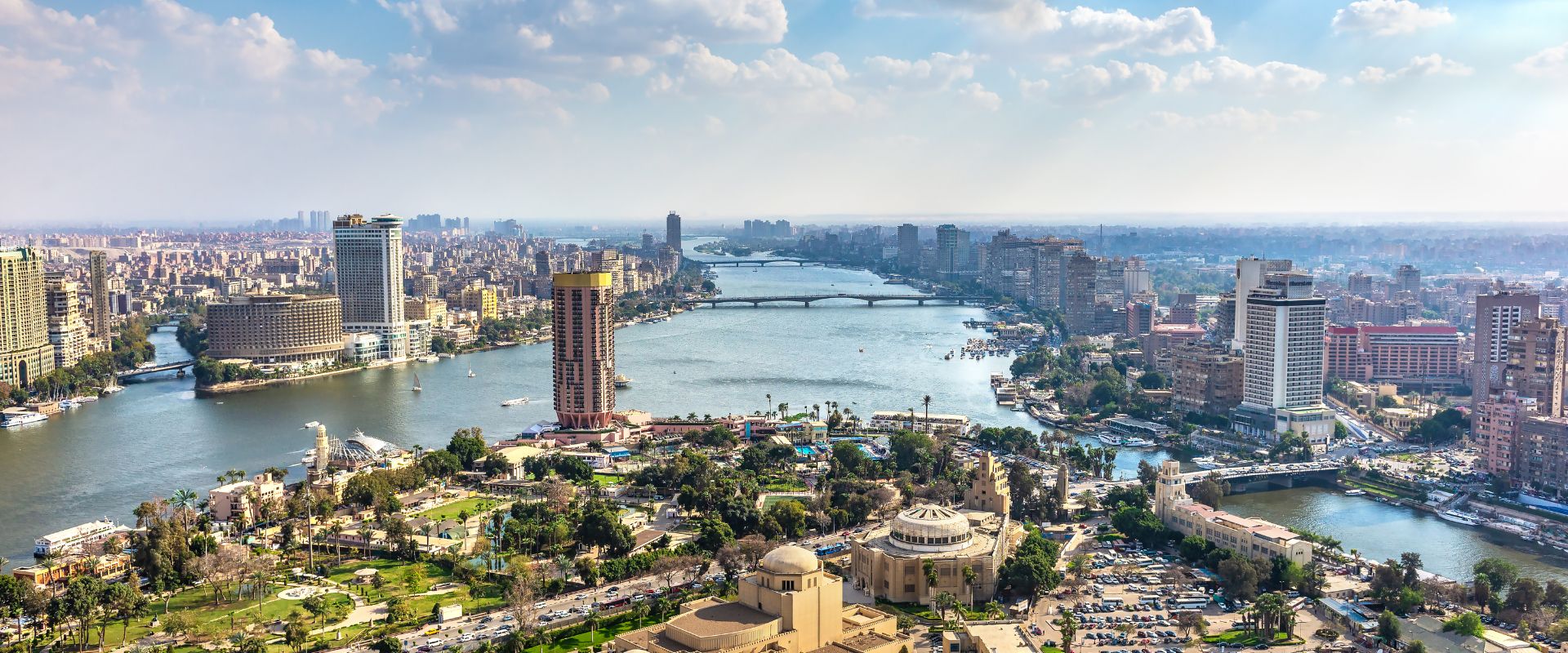
Africa & the UAE: Building a New Era of Trade and Investment
Africa is entering a transformative era. Its economies are expanding, its resources remain abundant, and its young, entrepreneurial population is driving innovation and consumer demand. At the same time, the UAE stands as a global hub of trade and logistics, connecting East and West through state-of-the-art infrastructure and strategic policies. Together, Africa and the UAE are building one of the world’s most promising trade corridors, creating opportunities for exporters, importers, investors, and businesses on both sides.
This blog will help African businesses understand how to leverage the UAE as a springboard to global markets, while also offering valuable insights for UAE-based companies and international investors looking to tap into Africa’s growing economies.
Africa’s Import and Export Landscape
Africa’s trade profile is primarily driven by the export of raw materials and the import of finished products. However, the continent’s partnership with the UAE is steadily diversifying, thanks to Comprehensive Economic Partnership Agreements (CEPAs) signed between the UAE and several African countries. These agreements are unlocking new opportunities by reducing tariffs, increasing market access, and creating stronger economic and political ties.
Beyond tariff reductions, CEPAs enable African businesses to integrate more effectively into global supply chains. With UAE ports such as Jebel Ali and Djibouti serving as gateways, African exporters are now able to streamline logistics and reach broader markets. For the UAE, these agreements provide diversification of trade portfolios and open the door to increased investment across Africa’s infrastructure, energy, and manufacturing sectors.

What’s Being Traded Between Africa and the UAE?
The trade flows between Africa and the UAE showcase the complementarity of their economies and the potential for deeper collaboration. On one side, Africa supplies the UAE with raw materials and agricultural products, while on the other, the UAE provides Africa with the industrial goods and technologies it needs to sustain growth.
From Africa to the UAE:
Agriculture continues to be one of Africa’s strongest export pillars. Ethiopian coffee, Kenyan tea, and fresh flowers from East Africa have built a significant presence in the UAE, which in turn acts as a re-export hub for these products into markets across the Middle East, Europe, and Asia. Beyond agriculture, Africa’s mineral wealth plays a central role in bilateral trade:
- Precious metals and minerals such as gold from Ghana, diamonds from South Africa, and ferroalloys remain among the most valuable exports.
- Livestock and meat products also form an important category, meeting the UAE’s growing demand for fresh food supplies and reflecting strong agricultural trade ties.
From the UAE to Africa:
The UAE’s export profile highlights its position as both a global energy leader and a manufacturing hub. African nations import a diverse range of goods that fuel development and industrialisation:
- Petroleum products remain the UAE’s top export to Africa, critical for powering transport and energy sectors.
- Industrial materials such as iron, steel, copper, and sulfur are essential for Africa’s infrastructure and construction projects.
- Heavy machinery and electronics flow steadily into African markets, supporting manufacturing, logistics, and energy production.
- Chemicals and pharmaceuticals address the continent’s rising healthcare needs and provide inputs for industrial processes.
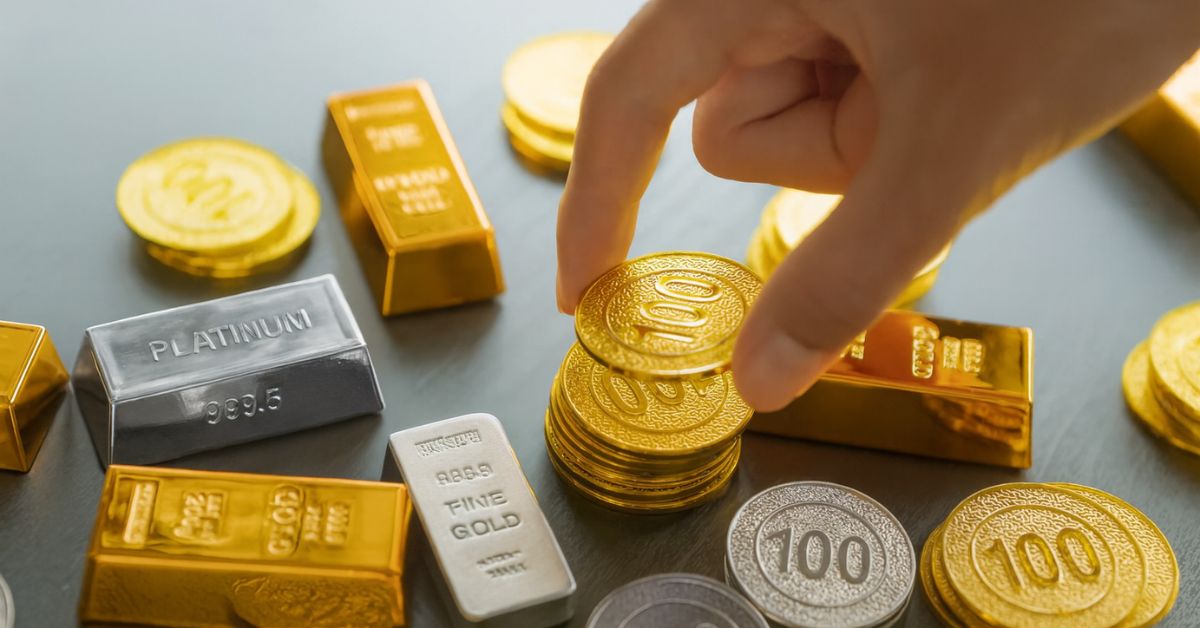
The UAE as Africa’s Gateway to Global Trade
The UAE’s logistics and infrastructure are not just conveniences—they are catalysts that enable Africa’s trade to scale globally. With world-class hubs such as Jebel Ali, Khalifa Port, and Dubai South, the UAE offers African exporters a reliable gateway to international markets in Asia, Europe, and beyond.
Once goods arrive in the UAE, they can be processed, repackaged, and re-exported with greater efficiency, often at reduced costs. This re-export model is especially valuable for African commodities like cocoa, flowers, and diamonds, which require specialised handling and fast delivery to preserve quality and value.
Key advantages of the UAE’s trade infrastructure include:
- Seamless re-export capabilities – African goods can be transformed, repackaged, or distributed through UAE hubs, creating cost and time advantages.
- Digital trade zones and automation – platforms like Dubai CommerCity streamline customs clearance, enhance supply chain transparency, and improve inventory management, which is critical for high-volume and time-sensitive exports such as perishables and textiles.
- Sector-specific free zones – DMCC supports metals and precious commodities, JAFZA specialises in timber and cocoa, and Dubai South is optimised for perishables, providing tailored infrastructure for different African export categories.By leveraging these gateways, African businesses not only reduce trade friction but also gain greater visibility in global supply chains. The UAE effectively transforms regional exports into internationally competitive products, strengthening Africa’s role in global trade.
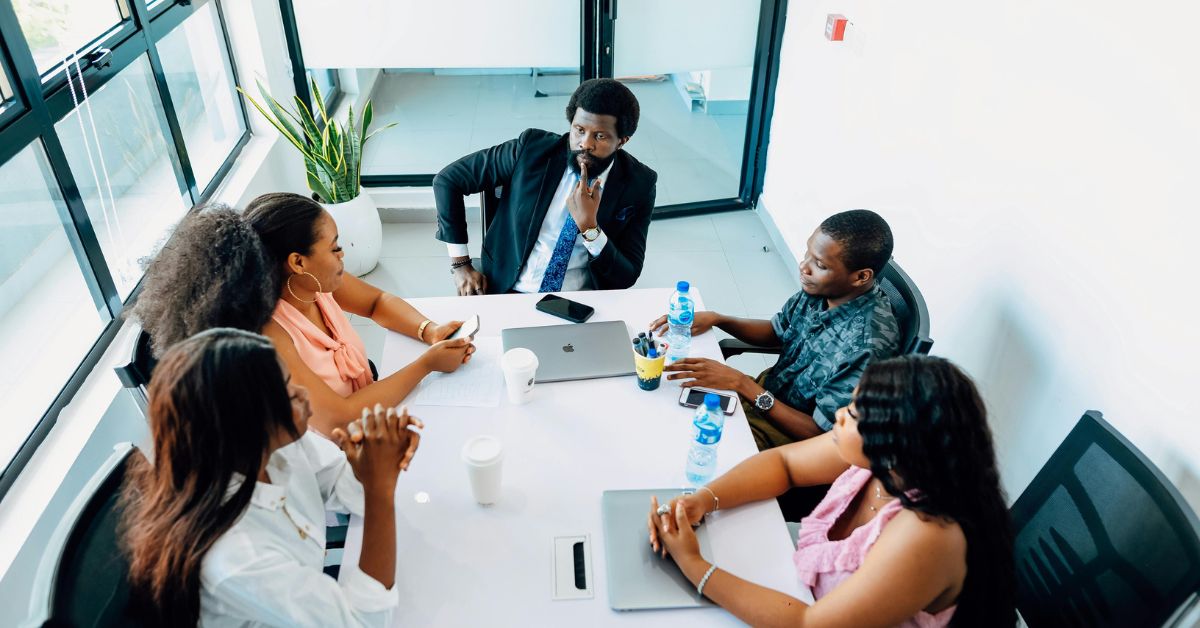
Choosing the Right Free Zone Based on Your Product Focus
| Product Type | Best UAE Free Zone | Why This Zone Works Best |
|---|---|---|
| Gold & Precious Metals | DMCC (Dubai Multi Commodities Centre) + DGCX (Dubai Gold & Commodities Exchange) | Global gold hub with secure vaulting, refining, and regulated gold trade from Africa. |
| Coffee & Tea | DMCC Coffee & Tea Centres | Built for grading, roasting, and blending African coffee and tea. |
| Fresh Fruits, Flowers, Meat (Perishables) | Dubai South + ADAFZ (Abu Dhabi Airports Free Zone) | Optimized air cargo for fast perishables; strong African air freight connectivity. |
| Timber, Minerals, Cocoa | Jebel Ali Free Zone (JAFZA) | Deep-sea port access and strong re-export logistics. |
| Handicrafts, Art, Small Goods | SAIF Zone (Sharjah Airport International Free Zone) | Affordable for small businesses; ideal for artisan exports. |
| Textiles, Apparel | SAIF Zone or Dubai South | Strong infrastructure for African textile trade. |
| Oilseeds, Pulses, Agri Raw Goods | JAFZA or DMCC | Facilities for bulk handling, cleaning, and packaging. |
| Consumer Goods (FMCG) | Dubai South or SAIF Zone | Demand across MENA; great for cosmetics and processed foods. |
| Machinery, Electronics (to Africa) | JAFZA or KEZAD (Khalifa Economic Zones Abu Dhabi) | Ideal for re-exporting industrial and electrical goods into Africa. |
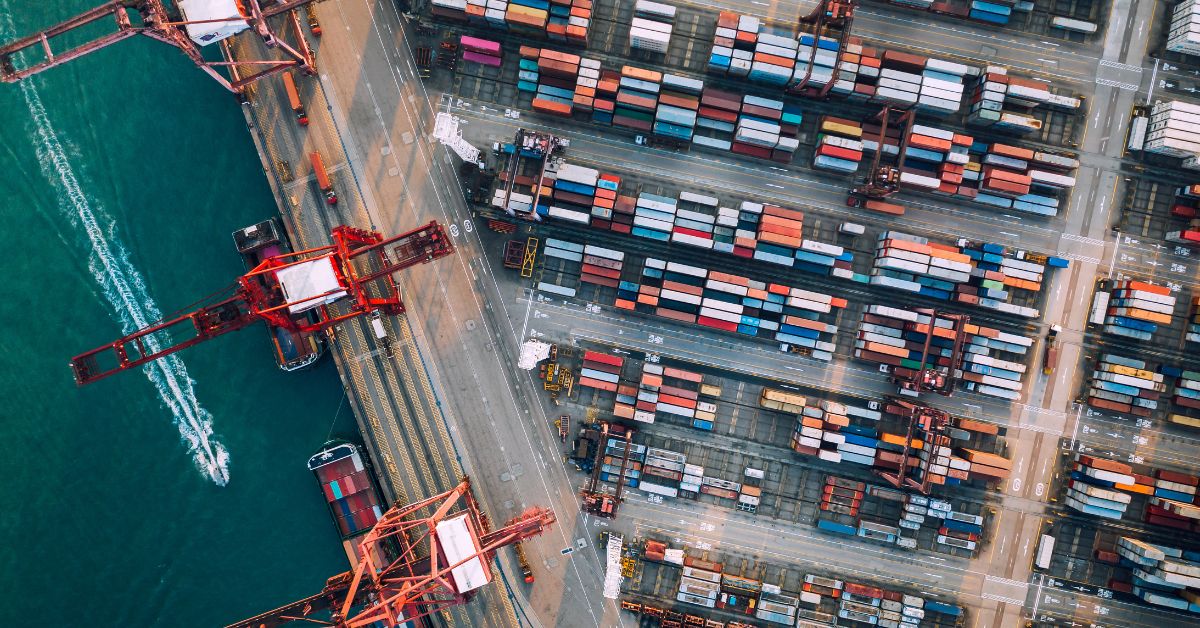
Dubai Mainland: Expanding Trade Beyond Free Zones
Free zones are excellent for re-export, but Dubai Mainland is the better choice for African businesses that want to sell directly in the UAE market. It provides wider operational freedom and allows companies to trade across the Emirates without restrictions.
Dubai Mainland works best if you plan to:
- Open a retail outlet or distribution hub to sell directly to UAE consumers and businesses.
- Combine trading with services or consulting for a more flexible business model.
- Avoid dependence on local distributors and manage client relationships directly.
With this setup, companies can also bid for government contracts and partner with major local clients, making the mainland an attractive option for African exporters looking to establish a long-term presence in the UAE.

Turning Opportunities into Success with My Business Consulting DMCC
The Africa–UAE trade corridor is more than an economic link—it is a partnership built on growth, innovation, and shared ambition. Africa brings resources, talent, and entrepreneurial drive. The UAE provides world-class infrastructure, global connectivity, and a supportive business environment. Together, they are shaping one of the most dynamic trade routes of our time.
At My Business Consulting DMCC, we help African SMEs and conglomerates take advantage of this momentum. From market research and business setup to compliance, bank account opening, visas, accounting, and taxation, we provide complete solutions that make your entry into the UAE smooth, secure, and profitable.
If you are ready to expand your business and connect with global markets through Dubai, our team is here to guide you every step of the way. Contact us today and let’s build your success story in the UAE.
